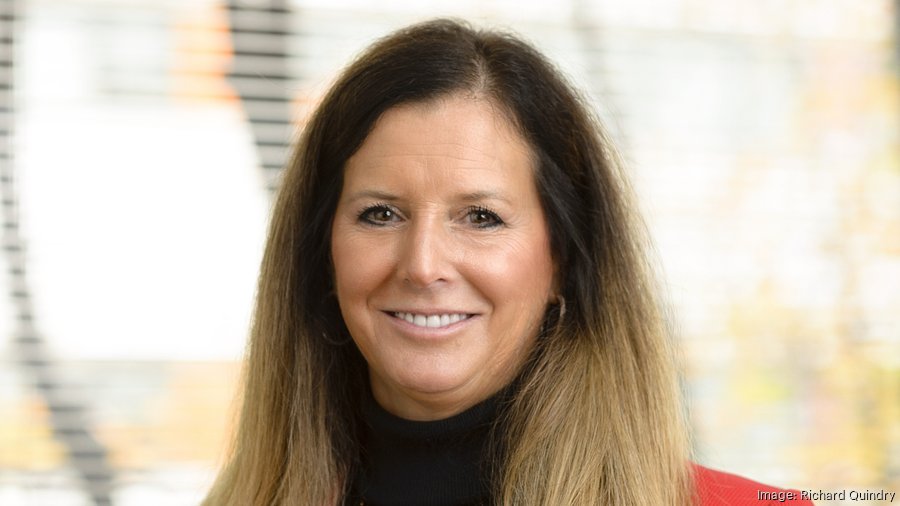Listen to this article 4 min
More than $750 million was invested in Greater Philadelphia life sciences companies during the first two months of 2024 across public and private stock sales, indicating a return of interest in a sector investors had largely shunned the previous two years because of its high-risk, high-reward nature.
The more than $750 million raised surpasses the top 10 stock sales by area drug developers and medical devices companies for the entirety of 2023, which combined brought in about $600 million. It's also not far off 2022 figures when the top 10 local life sciences deals raised over $900 million through the entirety of the year. That year, five companies surpassed the $100 million mark from their stock sales — the same number that have done so in the first two months of 2024.
Jeff Stoll, a principal and national strategy lead for life sciences at KPMG, said the pace of deal making in 2024 "is still a bit cautious," but he noted deals are moving forward, which was not the case for much of 2023.
The rate of initial public stock offerings is still at a crawl — well below the frenzy of 2020 and 2021, when a dozen IPOs were completed locally.
Stoll said several factors are at play to explain the improving investor interest in the sector.
"First, there is a real sense that interest rates will come down at some point in 2024, which will make the cost of capital and executing deals cheaper. Second, both private equity and venture capital built up strong capital positions over the last three years, but did not deploy a lot of capital over the last 18 to 24 months, so their investor base is looking for deal activity or they’ll find other places to invest," Stoll said. "Third, innovation across life sciences remains a very strong tailwind. There are lots of compelling platforms to invest in, be it areas like next-generation therapeutics and platforms, or in AI-driven consumer health businesses, or next-generation drug development platforms."
The local sector's most recent nine-figure deal saw Larimar Therapeutics (NASDQ: LRMR) raise $172.5 million from a public stock offering.
The Bala Cynwyd biotechnology company, which is developing treatments for complex and rare diseases, sold 19.7 million shares of its common stock at $8.74 a share. Larimar intends to use the net proceeds from the proposed offering, which closed Feb. 16, to support the development of its lead compound, nomlabofusp, and to advance other products in its pipeline of experimental therapies.
Nomlabofusp is being studied as a potential treatment for Friedreich’s ataxia, a rare inherited disease that causes progressive damage to a person's nervous system and results in movement problems. Dr. Carole Ben-Maimon, Larimar's president and CEO, said last month that the company is targeting the second half of 2025 as the time frame for filing a biologic license application with the Food and Drug Administration seeking approval to market nomlabofusp as a potential treatment for Friedreich’s ataxia.
Larimar is not the only local public life sciences company to raise funds through a follow-on stock offering already this year.
Mineralys Therapeutics (NASDAQ: MLYS) of Radnor raised $120 million through a private placement that closed Feb. 12. It was led by new investor TCGX and existing investor RA Capital Management. The Main Line biopharmaceutical company is using the funds for research and development of its lead new drug candidate, lorundrostat, a potential treatment for high blood pressure, and for working capital and general corporate purposes. Lorundrostat is in late-stage clinical testing and is initially being developed for the treatment of patients with uncontrolled hypertension.
This year also saw the first initial public stock offering by an area life sciences company in about year. ArriVent BioPharma (NASDAQ: AVBP) of Newtown Square raised $175 million when it went public on Jan. 26, selling 9.7 million shares of its common stock at $18 per share. ArriVent's lead new drug candidate, furmonertinib, is in late-stage clinical testing as a potential treatment for advanced non-small cell lung cancer.
Two privately held life sciences companies have also reeled in more than $100 million in equity financings so far this year.
Impulse Dynamics, a South Jersey medical device developer, completed a $136 million private stock sale in mid-February. The funding was led by Perceptive Advisors, Redmile Group, Alger, and Hobart Healthcare. Impulse has now raised more than $330 million in equity investments since its inception in 1998.
Marlton-based Impulse, which specializes in devices for heart failure patients, is the developer of the Optimizer Smart device. The device is similar in size to a pacemaker and uses contractility modulation therapy — the company's proprietary technology — to strengthen the heart and help it beat more forcibly. The company plans to use the proceeds to accelerate its global sales efforts and for product development and testing.
In January, Wilmington startup Synnovation Therapeutics raised $102 million in an equity financing led by Third Rock Ventures. Synnovation is using the capital to advance its precision medicine technology targeting cancer.
The region also had a handful of smaller equity financings by established and earlier-stage life sciences companies, which were disclosed in documents the companies filed with the Securities and Exchange Commission.
Cagent Vascular in February raised $28.7 million in a private stock sale. The Wayne medical device company develops next generation angioplasty balloons, which use serration technology to more effectively expand blood vessels, for treating of cardiovascular disease.
Also last month, Nia Therapeutics raised $8.5 million in an equity financing. The King of Prussia company is developing precision brain stimulation therapies to treat memory loss due to brain injury and degenerative disease. Nia’s technology, which incorporates artificial intelligence, was developed at the University of Pennsylvania.
Reunion Neuroscience Management raised $16.85 million from a private stock sale. The Philadelphia company is focused on developing new therapies for underserved mental health conditions. Its lead drug candidate, a psychedelic compound, is being studied as a potential treatment for postpartum depression.





